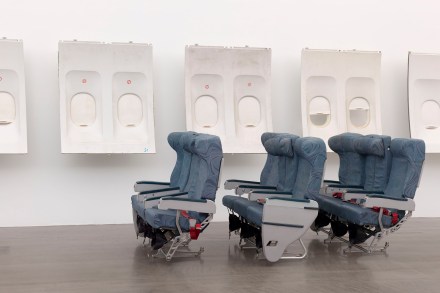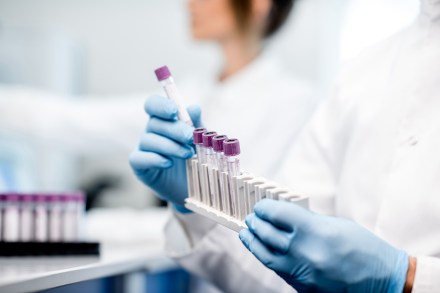How worried should we be about a second wave?
Now that we are two months past the peak of the UK coronavirus epidemic, many fear the emergence of a second wave of the disease and remain anxious about any evidence that reopening the country has gone too far. For this reason media headlines like ‘Germany’s R number rockets again – from 1.79 to 2.88’ (Sky News) and ‘UK coronavirus cases no longer falling, ONS figures show’ (the Times) are amplified very quickly. But how worried should we really be by these headlines? By now, we have become familiar with the R number (the average number of people that each infected person will themselves infect) and are alert to the




















